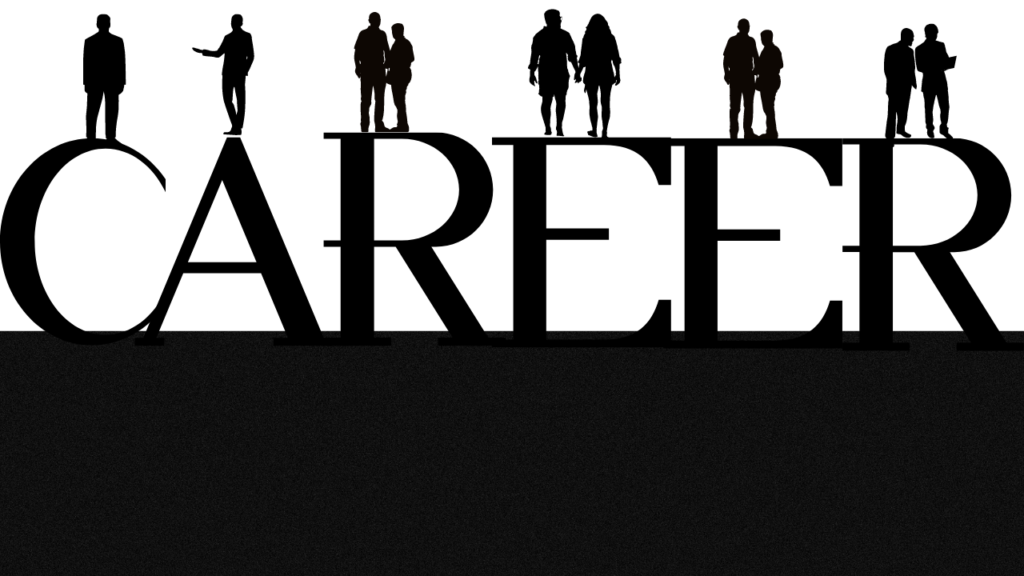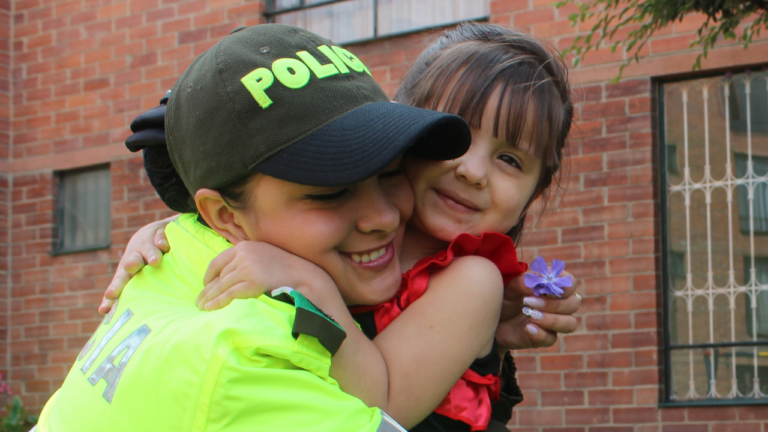did you change a lot after graduating high school?
What most people do not know is that graduating from high school is not the end of the process; it only comes after throwing the cap away. Most often this change signifies a beginning of a new kind of transformation in one’s life. If you are reflecting on how much you have changed since high school then know that you are not the only one. This article defines the basic paths of human transformation after high school and presents pieces of advice from experts focusing on the fact of accepting and realizing these changes.
Understanding the Post-High School Transition
Adolescents and young adults, who are the primary consumption bracket of post-high school transition commodities, are complex customers to decipher.
The time after high school can be a storm of new feelings and behavior’s unconditional authority. Regardless of whether one is going to college, joining the workforce, or pursuing other endeavours, this is a period of major change.
1. Shifting Perspectives and Priorities
High schoolers are teenagers who are in their adolescent period and are experimenting with their beliefs and values, but students change their perception once they are out in the real world.
Why It Happens:
- Exposure to New Ideas: College work and traveling give a new perspective on life.
- Increased Responsibility: As I have pointed out, being responsible for one’s own life entails being in charge of one’s decisions as well as prioritizing.
What to Expect:
- Revised Goals: One may change his or her career and personal goals as he or she gain more experience in life.
- Changed Values: The values that people used to cherish may lose their significance and other values may be cherished.
2. Personal Growth and Self-Discovery
There are new problems that emerge when there is newfound liberty. As you may know, a lot of people grow up personally at this age as well.
Common Changes:
- Increased Confidence: New experiences generate confidence to face life incidences hence enabling persons to handle each situation.
- Enhanced Independence: Co-habitation teaches the individual to become independent and growing up as well.
Expert Insight:
In an interview with Dr. Jane Smith, a developmental psychologist, he says, “The youth experiences transitional phase in life whereby they have to transition from high school to colleges With regards to identity and independence, it’s a very sensitive-aged group that has to define itself and the future it wants for itself.
3. Evolving Relationships
Friendship, family, and even mentors are also affected by the change that occurs during this period.

Family Dynamics:
- Growing Closer or More Distant: Long-distance relationships serve as an appreciation of relationships or distance because of the different lifestyles brought about by living in different places.
Friendships:
- Changing Circles: Some of your high school friendships may change due to the new people and activities that come into your life.
Maintaining Connections:
- Stay in Touch: It is possible to see that communication can be useful to keep a connection with all those people with whom you do not break ties.
4. Academic and Career Shifts
The choices you make with regard to your academics as well as your career definitely have a bearing on your personal growth.

Educational Changes:
- New Interests: Perhaps an introduction to certain subjects, or certain fields may generate new academic interests.
- Skill Development: Acquiring specialist knowledge determines one’s further professional path and possible hobbies.
Career Exploration:
- Job Market Realities: These working careers that you once planned might change as new opportunities arise, or obstacles emerge.
5. Embracing Change
Some confusion is normal To sum it up, dealing with changes may be difficult but it is proven monetarily rewarding. Here’s how to make the most of it: Here’s how to make the most of it:
Stay Open-Minded:
- Embrace Learning: Permit yourselves to have a personal development or acquisition of new skills and knowledge and view any change as a positive aspect to be embraced.
Seek Support:
- Find a Mentor: Making decision from the advice of others especially those who have undergone the same process can be very helpful.
- Build a Support Network: It is advisable to engage people who will help you to encourage you to continue pushing on with the exercise.
Reflect Regularly:
- Journaling: One can maintain a journal so as to assess one’s development and ponder over key incidents.
Conclusion
High school to college transition is a developmental stage with plenty of issues and probabilities that make the process complex. At this crossroads, it is important to know that change is the key to growth. Hence, adopting new changes, asking for help, and opening up to change are within your reach and can fit you with an exciting phase in life.
If you answer ‘yes’ to some or most of these questions, you are not alone because chances are you have probably gone through some of the changes I am about to discuss here since completing high school. Look back at your experiences, count your blessings, and keep on embracing change as it is life-changing.







